
OR
NCP leaders ask Oli to elaborate new party policy
Published On: July 1, 2019 07:43 AM NPT By: Republica | @RepublicaNepal
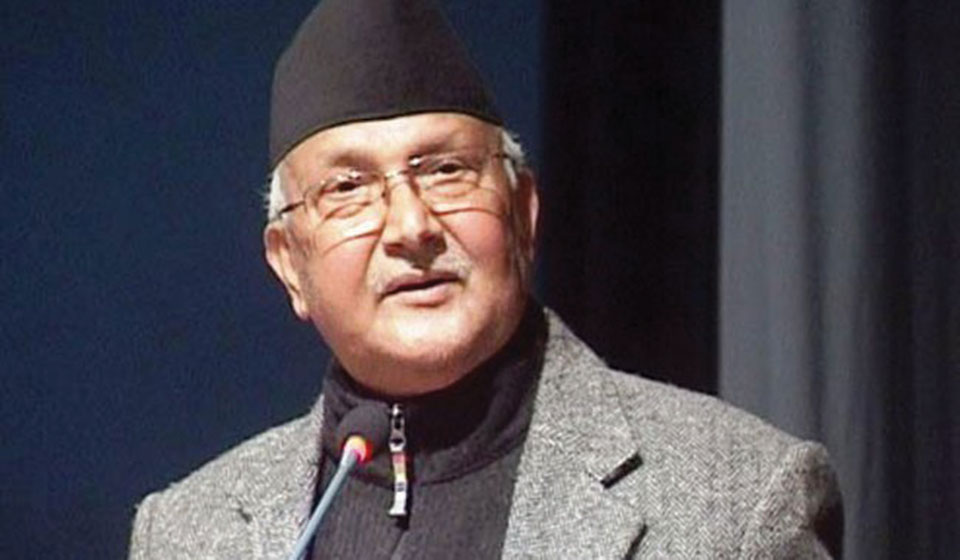
KATHMANDU, July 1: As Prime Minister KP Oli, who is also a co-chair of the ruling Nepal Communist Party (NCP), Saturday announced that the newly-unified NCP would adopt Jantako Janabad [People’s Democracy], as the party’s policy, the year-long confusion over the party policy has formally ended.
The announcement has, however, generated a fresh debate as party leaders remain sharply divided over the announcement. While some party leaders have spoken against the new party line arguing that merely announcing policy without any elaboration is unacceptable others have said the policy should be embraced as “a temporary policy” until the party’s general convention formally finalizes the matter.
The then CPN-UML leadership and CPN (Maoist Center) had last year announced party unification without deciding party policy, which they had said they would decide later. The UML’s party line was People’s Multiparty Democracy and Maoist party line was Democracy of 21st Century and Maoism.
For the last couple of weeks, leaders from the erstwhile UML had been pushing for giving continuity to the People’s Multiparty Democracy as party policy while former Maoists were against the idea. Amid this confusion, Prime Minister Oli while addressing a party function on Saturday announced that the NCP would adopt People’s Democracy as its official line.
“What does this people’s democracy mean? Party leaders should elaborate the policy in writing,” said NCP central committee member Thakur Gaire, a former UML leader. “The policy should be in writing and the document should give an overview of the communist movement and a basis for socialism.”
Those from the UML have been arguing that People’s Multi-party Democracy, which was propounded by the late Madan Bhandari, is a relevant policy as it abides by competitive democratic system, constitutional supremacy and other basic democratic values such as press freedom and human rights.
Former Maoist leaders meanwhile argue that Nepal is no more a semi-colonial and semi-feudal state so the party policy should be redefined. “After the establishment of a republic and the new political set-up, Nepal is no more a semi-feudal and semi-colonial state. So implementation of socialism-oriented programs should be our policy,” said NCP leader Ram Karki, a former Maoist ideologue. “In this context, people’s democracy has been introduced merely as a political program for the time until the general convention decides on how to reach socialism.”
As ideological differences prolonged for months affecting the party unification process, Oli agreed to accept People’s Democracy as party line but without any elaboration or producing a written document.
On Saturday, Oli said all characteristics of the people’s multi-party democracy will remain same despite rebranding it with a new name.
But many leaders have expressed their dissatisfaction with Oli’s announcement. “Mere words aren’t enough. It should come out with sufficient elaboration that too in writing,” said NCP central committee member Surya Thapa. “People should know on what grounds People’s Democracy is relevant than People’s Multi-party Democracy.”
You May Like This
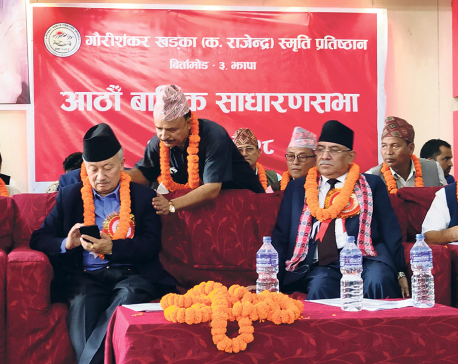
Dahal urges cadres in Oli’s home district to accept him as party leader
DAMAK, Jhapa, Sept 15: Nepal Communist Party (NCP) Co-chair Pushpa Kamal Dahal, addressing a gathering in the home district of... Read More...
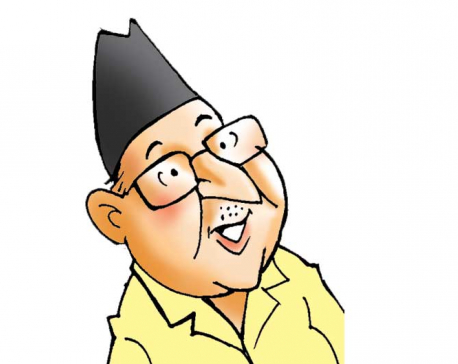
A never punctual prime minister !
KATHMANDU, Feb 17: Prime Minister K P Oli never appears slow in showing tangible results for his first year in... Read More...

Disgruntled NCP leaders gang up on Oli
KATHMANDU, Sept 29: While Prime Minister KP Oli is busy holding bilateral meetings at the ongoing United Nations General Assembly in... Read More...



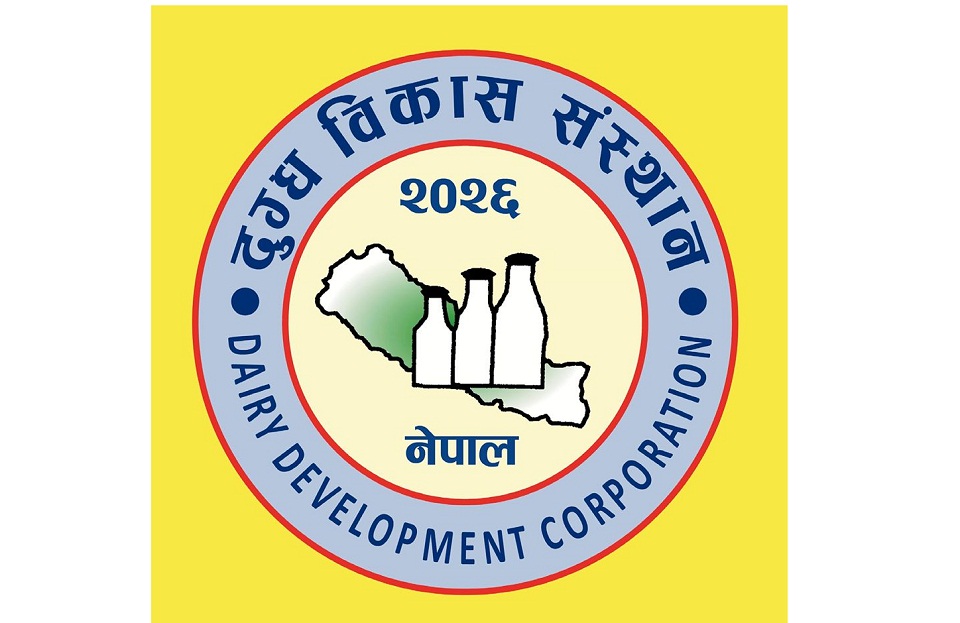

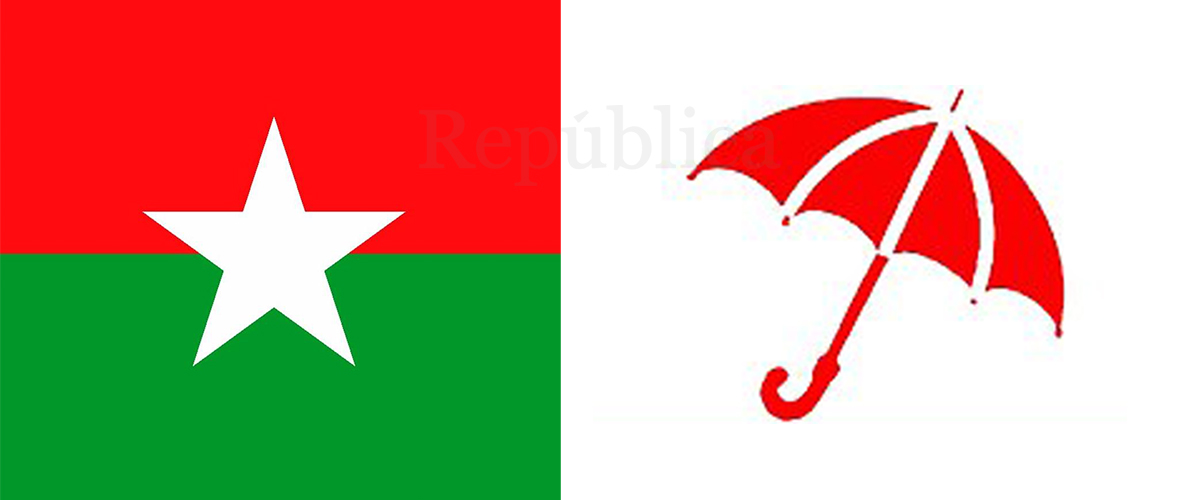
Just In
- MoFAGA transfers 8 under secretaries and 11 section officers (with list)
- PM Dahal arrives in Morang
- DDC pays Rs 480 million dues to farmers
- Police arrest seven Indian nationals with 1.5 kg gold and Rs 14.3 million cash
- Gold price increases by Rs 1,400 today
- Kathmandu continues to top the chart of world’s most polluted city
- JSP Central Executive Committee meeting today
- Ambassador Adhikari presents his letter of credentials to Turkish President Erdoğan







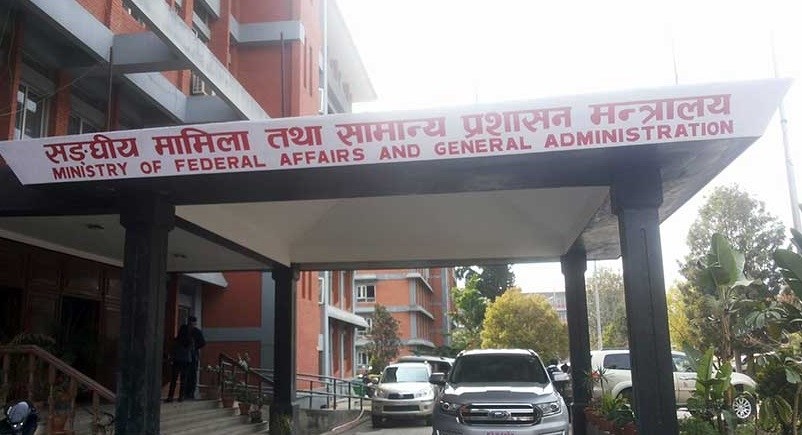


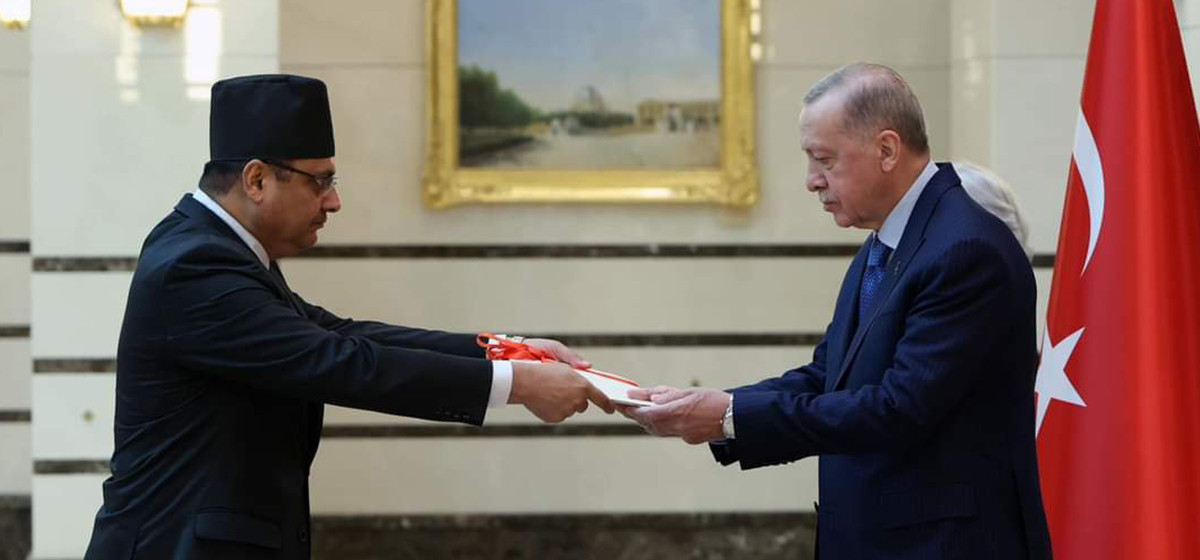
Leave A Comment